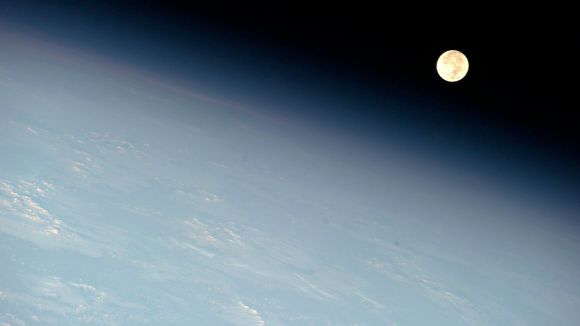 Russia's plans to send cosmonauts to the moon and unmanned spacecraft to Mars, Venus and Jupiter, all by 2030, have been postponed according to Izvestiya newspaper.
Russia's plans to send cosmonauts to the moon and unmanned spacecraft to Mars, Venus and Jupiter, all by 2030, have been postponed according to Izvestiya newspaper.
These ambitious spaceflight goals were laid out in a strategy document drawn up by Russia's Federal Space Agency (known as Roscosmos), the Russian newspaper Kommersant reported Tuesday (March 13).
And there's more. Roscosmos wants a new rocket called Angara to become the nation's workhorse launch vehicle by 2020, replacing the venerable Soyuz and Proton rockets that have been carrying the load since the 1960s.
In view of economy of budgetary funds Roskosmos is compelled to postpone the date of implementation of the most ambitious national project – landing of the person on the Moon with the subsequent creation of lunar base.
Man's flight to the Moon in 2030 is impossible, admitted the authors of the draft of the Federal space program (FSP) for 2016-2025 submitted by space agency for consideration to the ministries and departments. The reason - considerable decrease in financing of developmental work of PPTK-2 (perspective piloted transport complex) within framework of which the development of lunar runway complex (LRC) is conducted.
Piloted flight with landing of an astronaut to the surface of the Moon is possible around 2033-2034, note "Izvestiya".
"The beginning of land experimental work of the complex is planned for 2024 - reads the draft of the space program. - The lunar runway complex will provide delivery of crews from a circumlunar orbit to the preset area on the Moon surface, and also from the Moon surface to a circumlunar orbit the crew made of four people. Duration of stay of the crew on the Moon - not less than 14 days".
Even 50% reduced budget of PPTK-2 looks significant: in 2016-2025 Roskosmos requests 20,8 billion rubles for the project.
 В Атырау -10
В Атырау -10